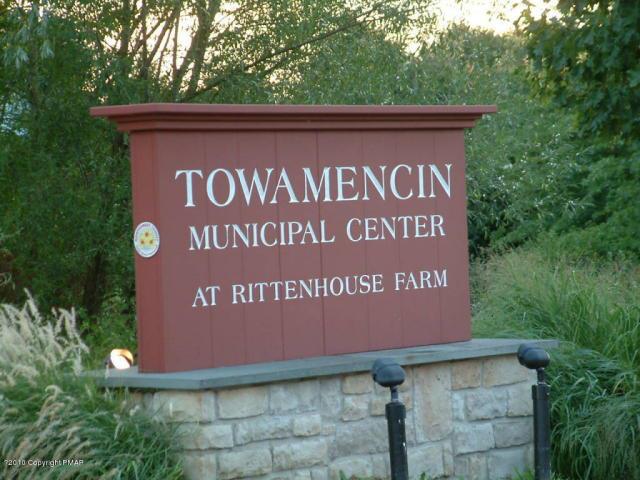FERGUSON: Towamencin Officials Presented Fishy Numbers to Public to Push Sewer Sale

The Towamencin Board of Supervisors has voted 4-1 to sell its sewer system to NextEra Energy for over $115 million. It is yet another example of municipal officials grabbing a large sum of “free money” offered by Big Water despite significant citizen objections. A good summary of the actions leading to the sale can be found here.
We attended the April 20 public meeting and concluded it was essentially a sham meeting. Its purpose was to check off the box next to “public input completed.” The supervisors had already made up their minds. One board member was obviously a dominant personality driving hard for the sale. As noted below, critical information was withheld limiting the public’s ability to ask relevant questions. Public comments were unilaterally rejected and the tone of the meeting became almost combative.
Towamencin “hired” a financial consulting firm, PFM, to advise them on the sale. However, PFM does not get paid unless there is a sale. A major part of the payment is a percentage of the sale. Clearly, it is not an objective, disinterested party. Are you surprised that its recommendation is to sell to the highest bidder? PFM actually makes a disclaimer from any liability even if it is negligent.
The key question is whether the citizens of Towamencin got a good deal or did their representatives sell them out. That question cannot be definitively answered without more information that the township has not, and apparently will not provide. However, there is considerable room for doubt.
PFM presented cost data at the April public meeting showing a $400 a year benefit for each household if the system were sold. However, that information was not available until the night of the meeting. There was no time to analyze the data. Subsequent review raises a host of questions about PFM’s analysis:
- If the system is sold, township mortgage payments would go down by $2.2 million a year. But if the system is NOT sold, real estate taxes are forecast to go up by $6 million a year. Why would $6 million yearly in new taxes be needed to offset the $2.2 million? That issue alone could wipe out any supposed benefit.
- Another huge assumption is that the sewer rate increase forecast by the buyer is correct. However, the buyer strongly notes that the forecast is “nonbinding.” The real answer depends on how much of the purchase price goes into the “rate base” that determines allowable profits. No information is provided here. Could the rate forecast be a low ball estimate to facilitate the sale? That is a common ploy used by buyers. One thing is certain: the company will try to get the rate base as high as possible. Each $10 million increase would raise sewer bills by about $120 a year. That supposed $400 annual savings could shrink considerably.
- If the sewer system is NOT sold, sewer rates are forecast to go up $4.4 million a year–about an 80 percent increase. The system generates cash, so why would such an increase be needed? A likely answer is capital upgrades for the system. Thirty million dollars was suggested at the meeting. Outrageous claims of future investments are another common ploy used to justify municipalities selling their water systems. So, the $30 million is a dubious number. But let’s assume it is accurate. The township could finance that capital for an annual mortgage payment of $1.1 million. So what is the other $3.3 million going for? It strongly looks like a large skew favoring the sale.
- So, if not selling the system requires a $30 million new investment, how much new investment is included in the buyers’ estimate? No information is provided here, but the buyer’s rate forecast implies little or no additional capital. That would make the rate comparisons totally bogus–it’s apples and oranges. But, again, it significantly skews the data in favor of the sale.
- If the system is not sold, township debt goes up by $15 million and debt service goes up by $2.3 million a year. On a 20-year bond that would be an interest rate of over 14 percent, which is absurdly high. A more realistic cost is $1.1 million yearly. Something does not smell right here. But, it results in another $1.2 million dollars skewed in favor of the sale.
- After picking a winning bid, it is customary to do in-depth due diligence on the winning bid. There is no evidence that this was done.
We conclude it is highly probable that this is a bad deal for Towamencin citizens. If it was a good deal, all the details of the analysis should have been made public ahead of the decision. The citizens of Towamencin deserve better than they are getting.


